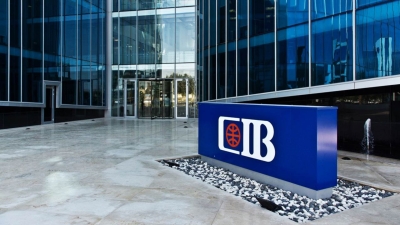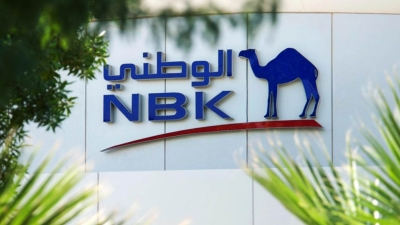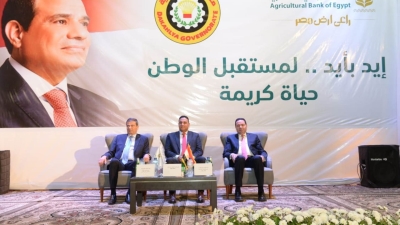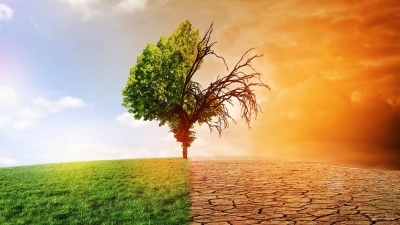What are the carbon markets to be launched in Egypt during the first quarter of 2024?
First Bank
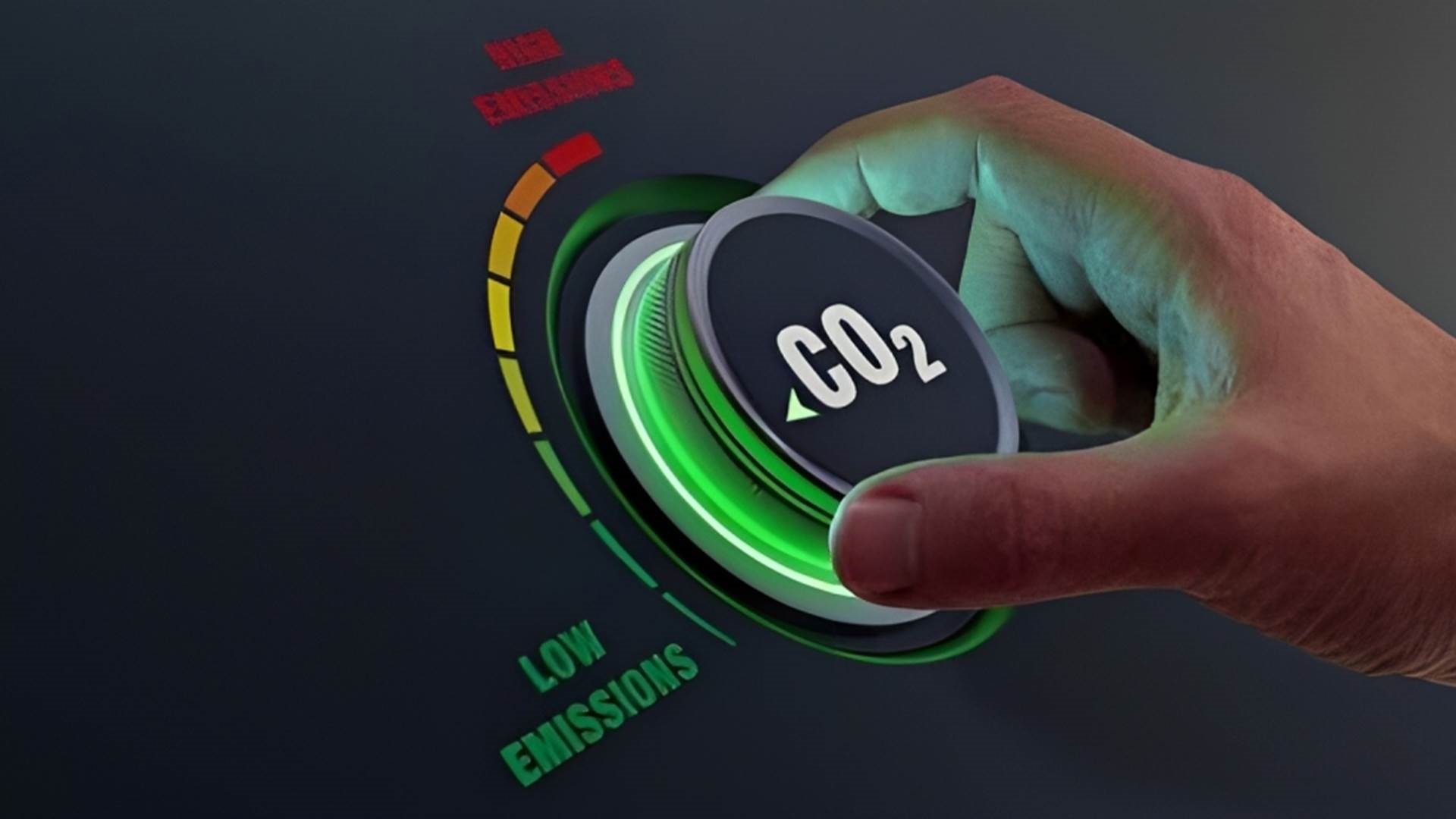
The countries of the world are currently fighting in a war of a different kind since time has raced to reduce greenhouse gas emissions to control climate change, which we have all become aware of its dire consequences for our planet. Egypt has not been immune to this. In recent years, it has sought to intensify its efforts to reduce the consequences of this disaster.
One of the most prominent recent efforts was the carbon markets that Egypt is targeting to launch locally in the first quarter of 2024, following the accession of the Egyptian Stock Exchange to the World Exchange Federation Climate Initiative, which aims to collaborate among global exchanges to reduce climate-inducing emissions.
Egypt's Financial Regulatory Authority has also issued controls on the trading of carbon certificates, both for domestic and global corporates, and billions of pounds of returns are expected from the release of such certificates in the coming period.
This comes in a move through which Egypt aims to mobilize climate finance as well as to promote global efforts in mitigation and adaptation to climate change. What carbon markets have emerged as a solution to finance this file?!
Carbon markets are defined as a trading system through which countries can sell or purchase units of greenhouse emissions launched by countries with a view to adhering to national permissible limits for such emissions
The use of the term carbon is because carbon dioxide is the most common greenhouse gas, and other gas emissions are measured in units called carbon dioxide equivalents.
Carbon markets originate primarily as a proposal for the 1992 United Nations Climate Change Convention, which established a framework for international action to deal with the challenges of climate change, the goal affirmed under the 1997 Kyoto Protocol, which set targets for States to reduce emissions through a set of tools; One of the most prominent is the Carbon Emissions Rights Trading System.
UNFCCC referred to the market mechanism that could be used to combat emissions.
The countries participating in the COP26 climate conference, held in Glasgow in 2021, approved article 6 of the Paris Agreement on rules governing international carbon markets.
The idea of carbon markets is based on this goal, where specific shares of each country's carbon emissions are set
States which exceed their fixed share of emissions could purchase additional shares from States with surplus emissions rights, while States with emission reductions could sell their excess shares to other States that needed them.
Carbon markets are classified into two types according to the legislative perspective, the first being mandatory carbon markets; which aims to ensure that the participant meets the stringent objectives set by Governments and is regulated through international or regional emission reduction plans.
The second type is voluntary carbon markets; which allows companies and individuals to offset their emissions on a voluntary basis in terms of carbon stocks
The carbon market has been growing steadily over the past five years at a global level, with about $364.03 bn in 2022. This growth continued this year, exceeding $479.41 bn.
In the last decade, Egypt has launched a broad package of development and service projects in various sectors, with values of approximately EGP 9.4 tn, which have taken into account a large sector, including environmental standards, and the reduction of greenhouse gas emissions causing climate change, according to earlier statements by Mostafa Madbouly, Prime Minister of the Council of Ministers.
It managed to reduce more than 2.1 million tons of equivalent petroleum dioxide by diverting half a million cars to natural gas and 900,000 tons of carbon dioxide by delivering natural gas to more than 14 million residential units, as well as reducing about 1.4 million tons of equivalent carbon dioxide from torch gas recovery projects
The energy efficiency improvement project has resulted in the provision of 900 thousand tons of CO2 equivalent, in addition to reducing emissions of about 50 thousand tons of CO2 equivalent from the heavy use of renewable energy in the New Administrative Capital, according to the Ministry of Petroleum.
Egypt seeks to achieve more, aiming to achieve a further reduction in the emissions of the petroleum, electricity and transportation sectors by about 80.5 million tons of carbon dioxide equivalent, in accordance with the Egyptian contribution plan submitted to COP 28 Secretariat.
It is worth mentioning that the Competition Protection Agency is an agency of the Prime Minister, which was established to become responsible for applying the Competition Protection and Market Control Law and to ensure that market workers engage in economic activity in a manner that does not harm competition, work to spread competition culture and support competition policies in Egyptian society.


